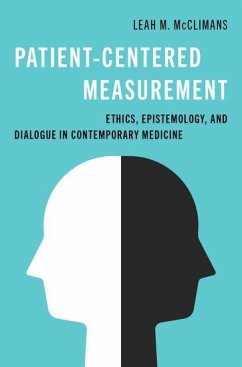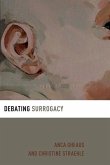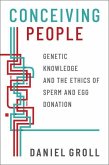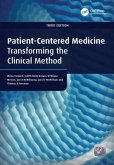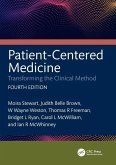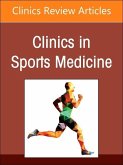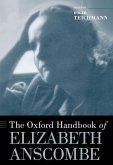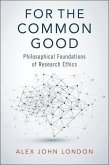Patients often are asked to fill out questionnaires before or after going to the doctor's office or hospital. What is the point of these questionnaires? Why do the questions often seem irrelevant? Does it matter if patients fill them out or ignore them? This book addresses these questions while also providing historical context about how these questionnaires became so popular. These questionnaires, which philosopher Leah M. McClimans calls 'Patient-Centered Measures' have a fascinating history that combines the contemporary emphasis in medical ethics on patient-centered care with the contemporary preoccupation with evidence-based medicine (the idea that medical decisions should be based on empirical evidence). Patient-centered measures sit between these two concerns and thus serve as an excellent example of a medical technology for the twenty-first century.
Hinweis: Dieser Artikel kann nur an eine deutsche Lieferadresse ausgeliefert werden.
Hinweis: Dieser Artikel kann nur an eine deutsche Lieferadresse ausgeliefert werden.

